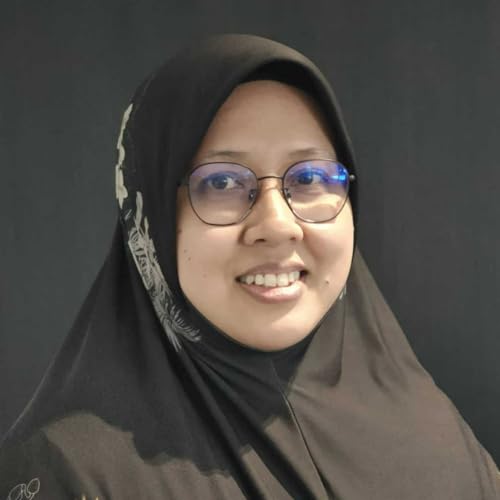A generalist by nature, new experiences and learnings always energizes me. While I have grown in the energy industry for the past 17 years, I have served in different roles within the organization.
I graduated from Johns Hopkins University with a Bachelors of Science in Environmental Engineering, minoring in business. In my third year, I spent one summer at the University of Dar-es-Salaam, Tanzania, to design and build a solar energy system for one of their academic buildings. Besides that, I experienced first hand how solar energy helps various villages to have access to clean water and electricity.
My first role in the current organization is to manage research in new energy. From there I became a core member of the company’s solar team, where we strategized on entry options in solar industry and proceeded to manage solar installations as a Project Engineer. We embraced ambiguity and uncertainties in starting up the venture in solar industry for the organization, and started to be quite comfortable with unknowns as well as the need to adapt and pivot quickly.
Since then, I have been in a number of roles such as Front End Design where I learnt project economics in the flow of work. Besides that, I had a role in data analytics and later was involved in technical talent development. This was my first introduction to talent management and development. From there, seeing the bigger picture, I joined HR to look at talent development in a more wholesome manner. As a department, we need to understand the whole organizations’ competency development, inclusive of technical and non-technical skills.
Besides my work, I am a proud mother of 6 beautiful kids. They are growing up so fast and being involved in talent management has helped me to understand their behaviors and empathizing more with their challenges.
 38 mins
38 mins 1 hr and 32 mins
1 hr and 32 mins 34 mins
34 mins Apr 4 202352 mins
Apr 4 202352 mins
